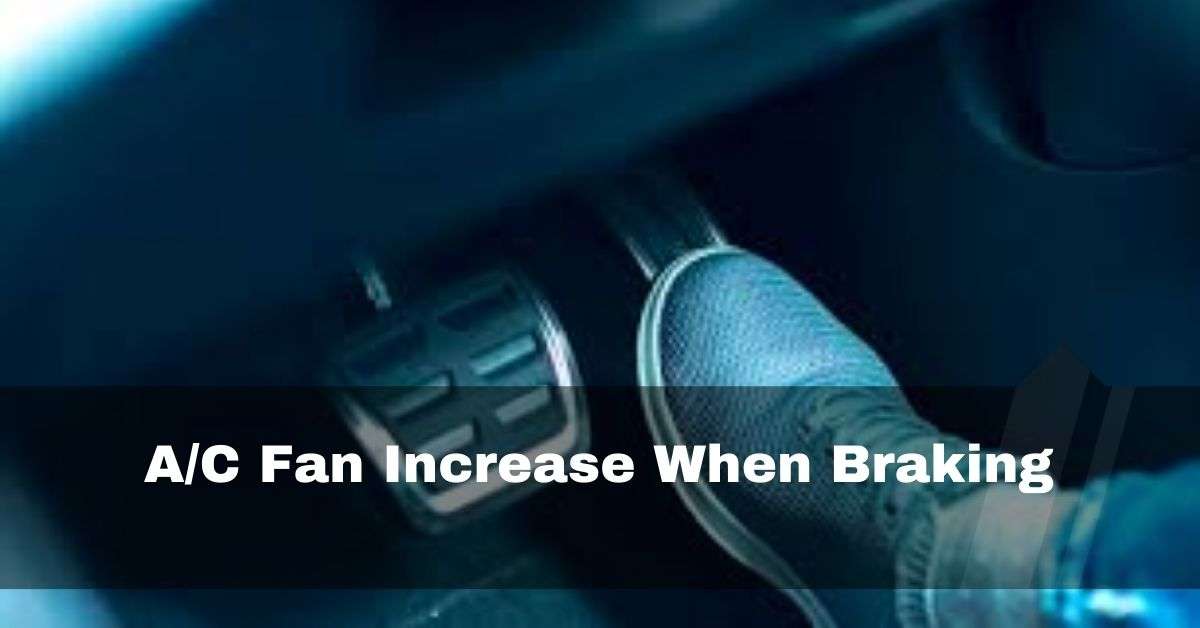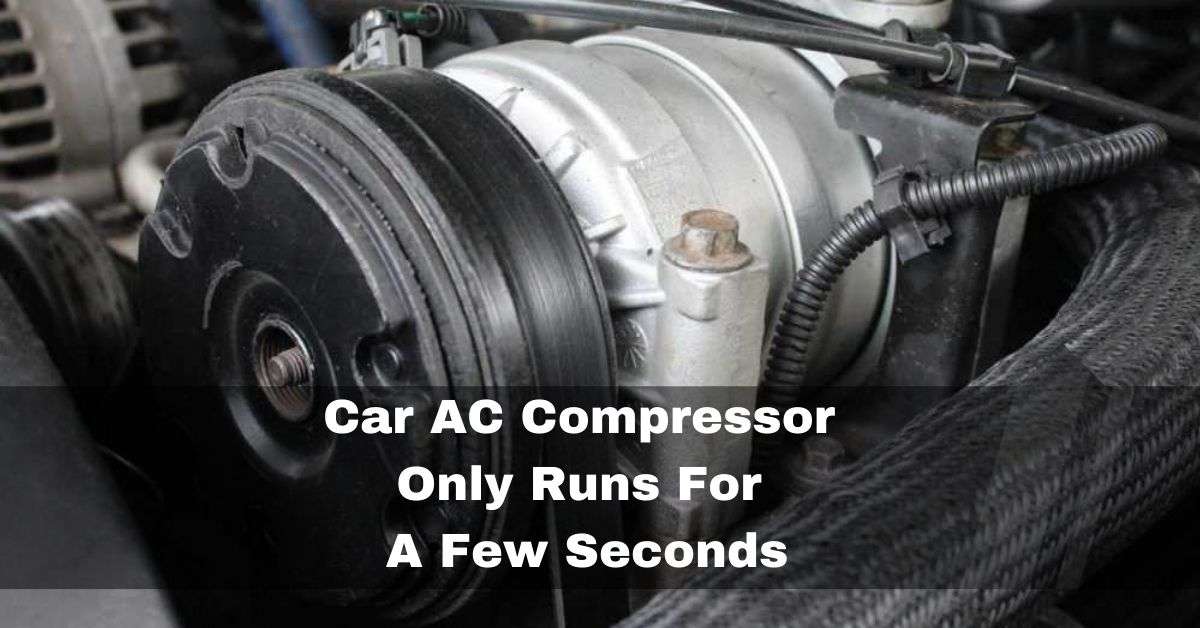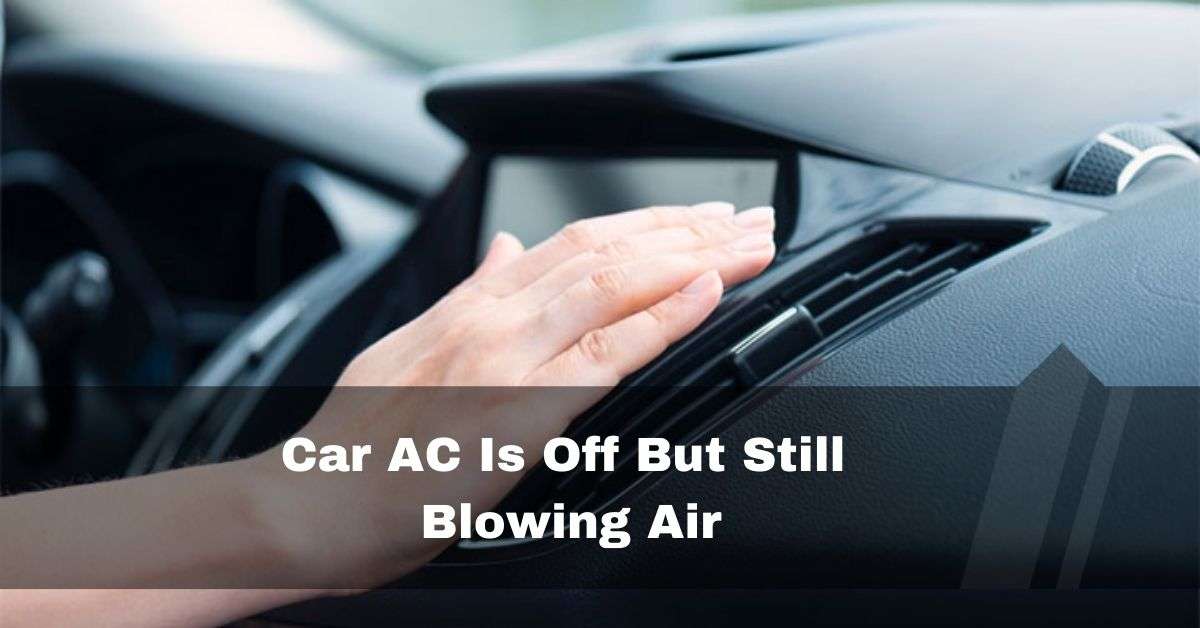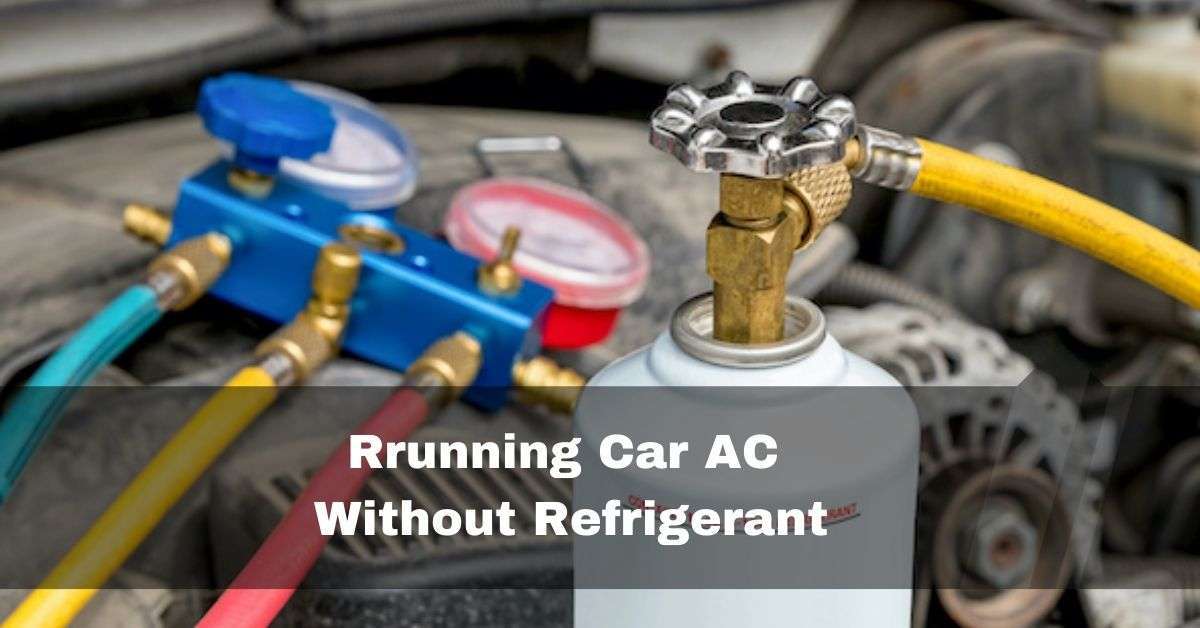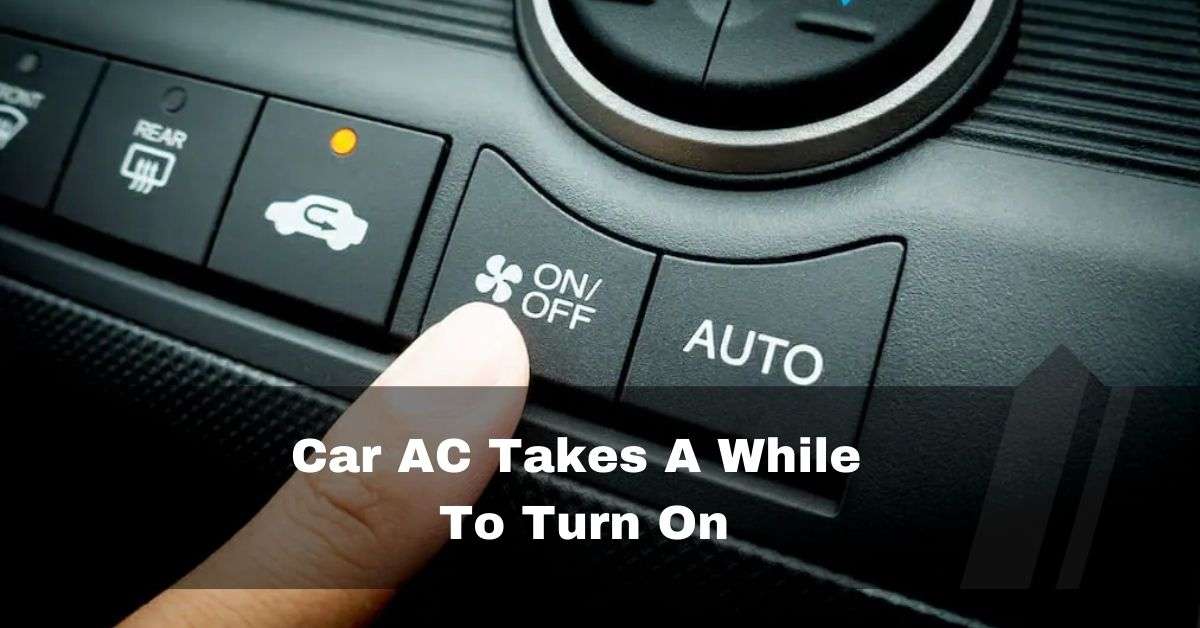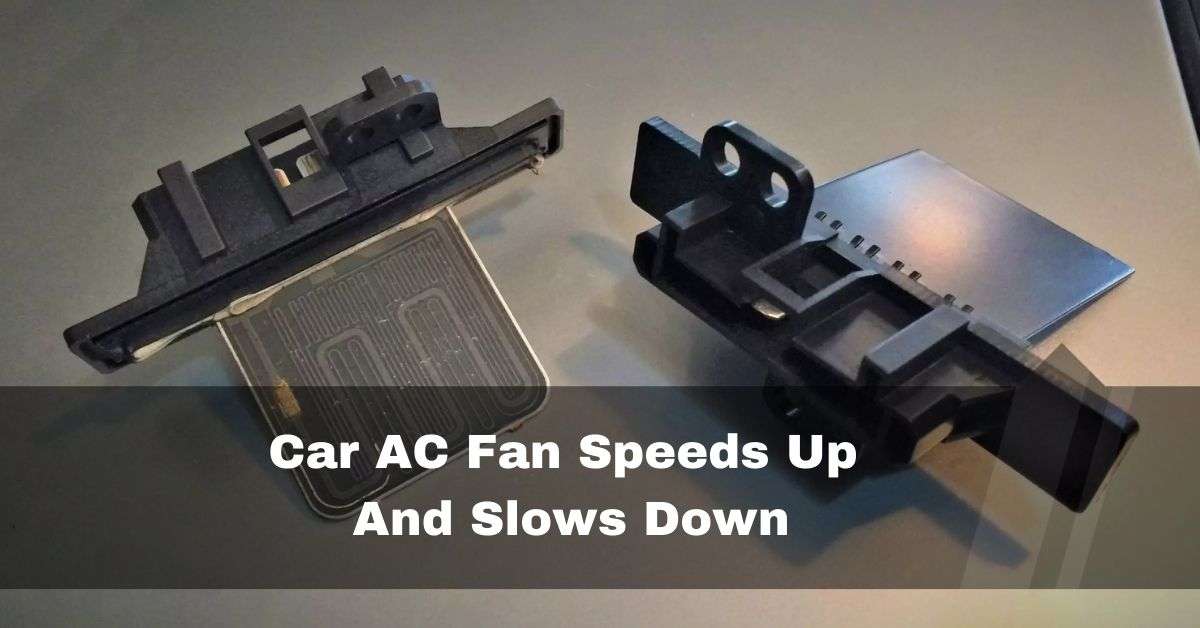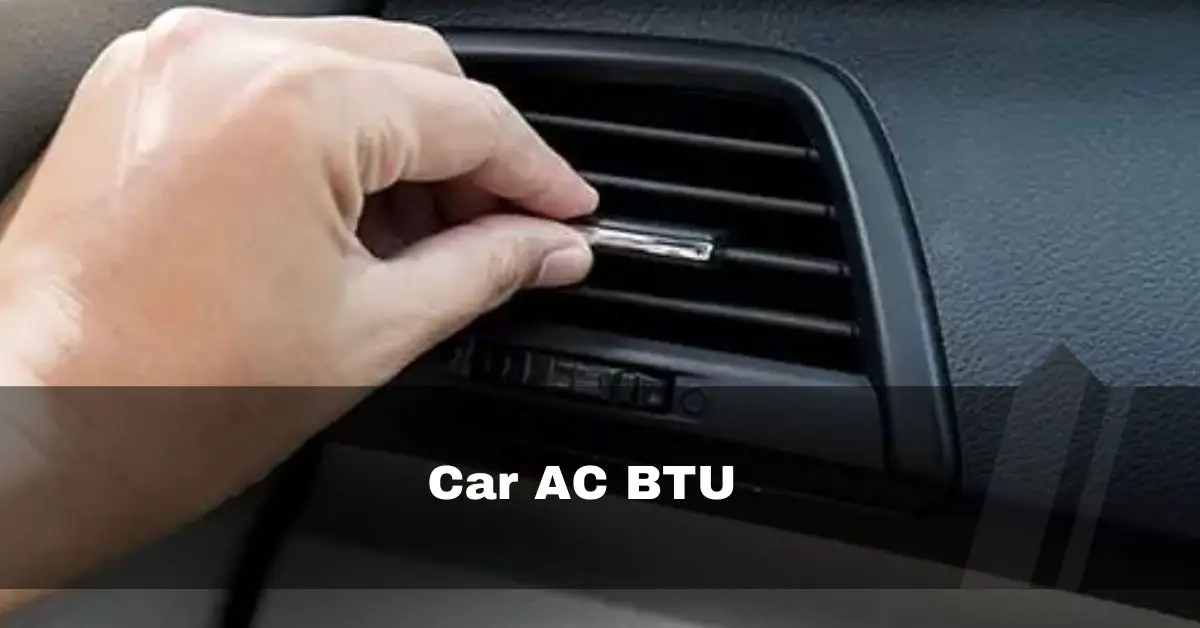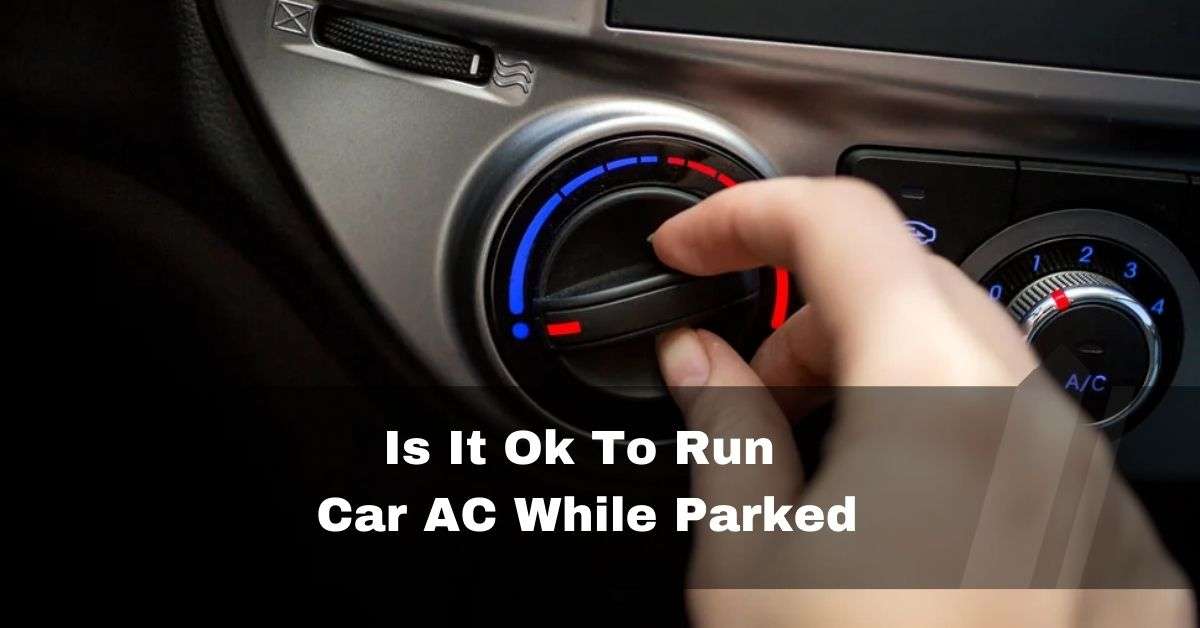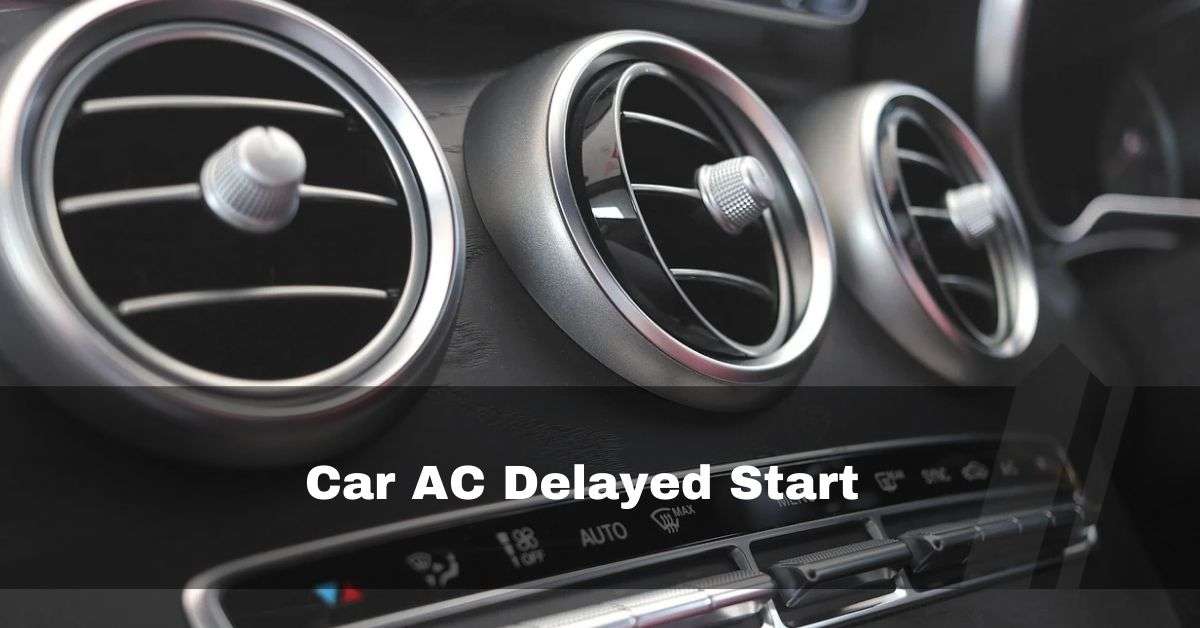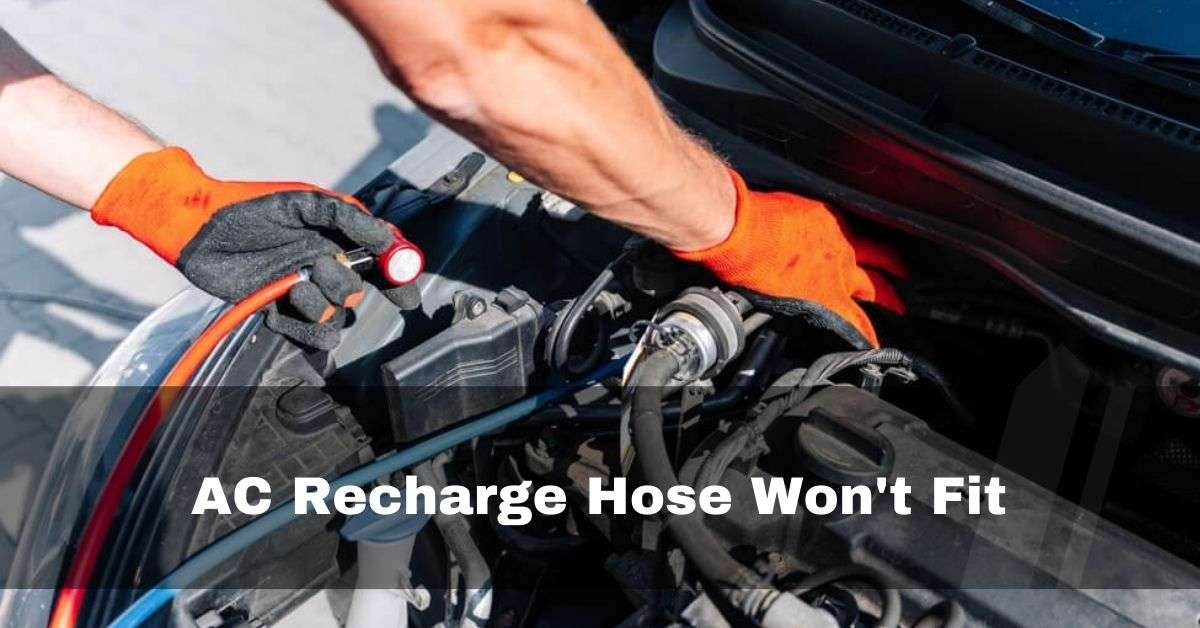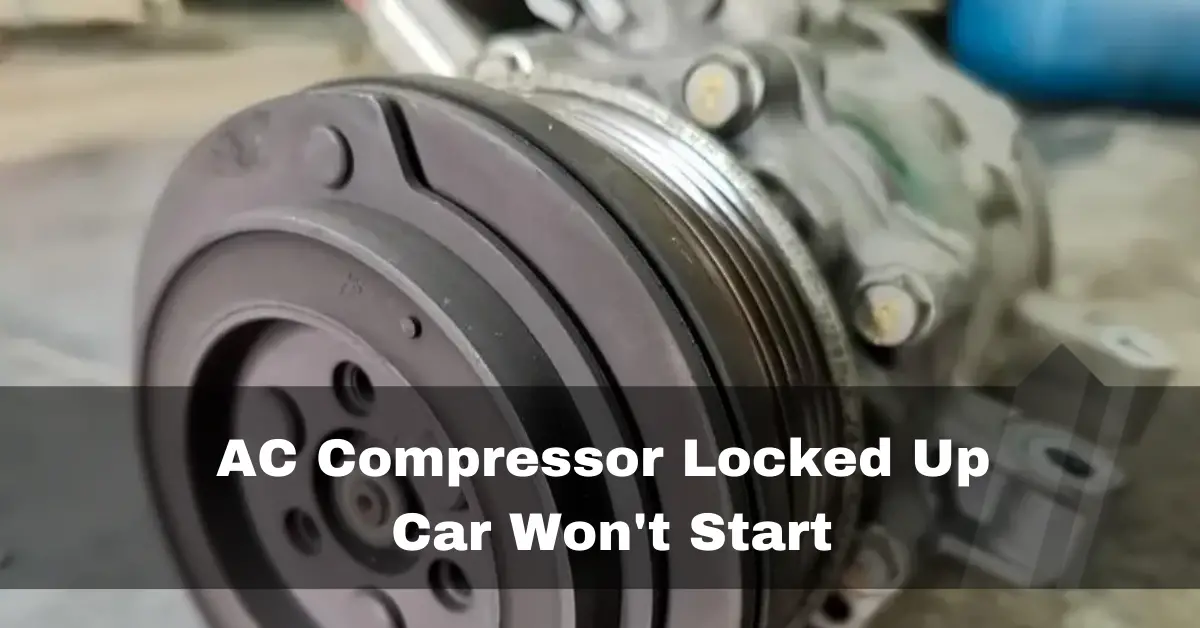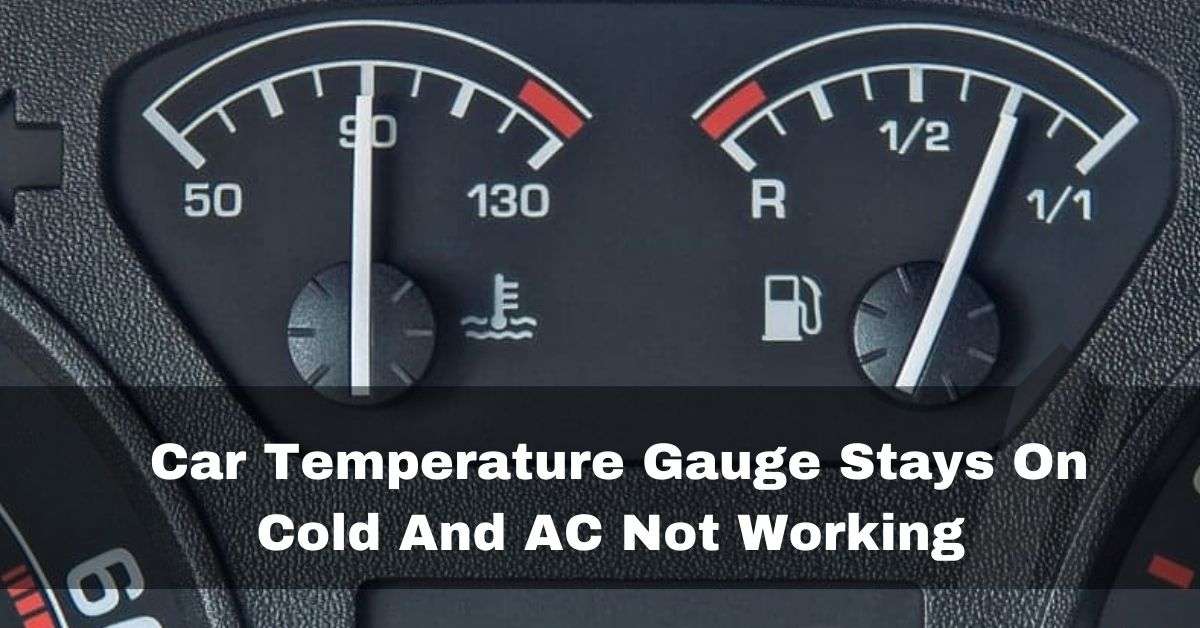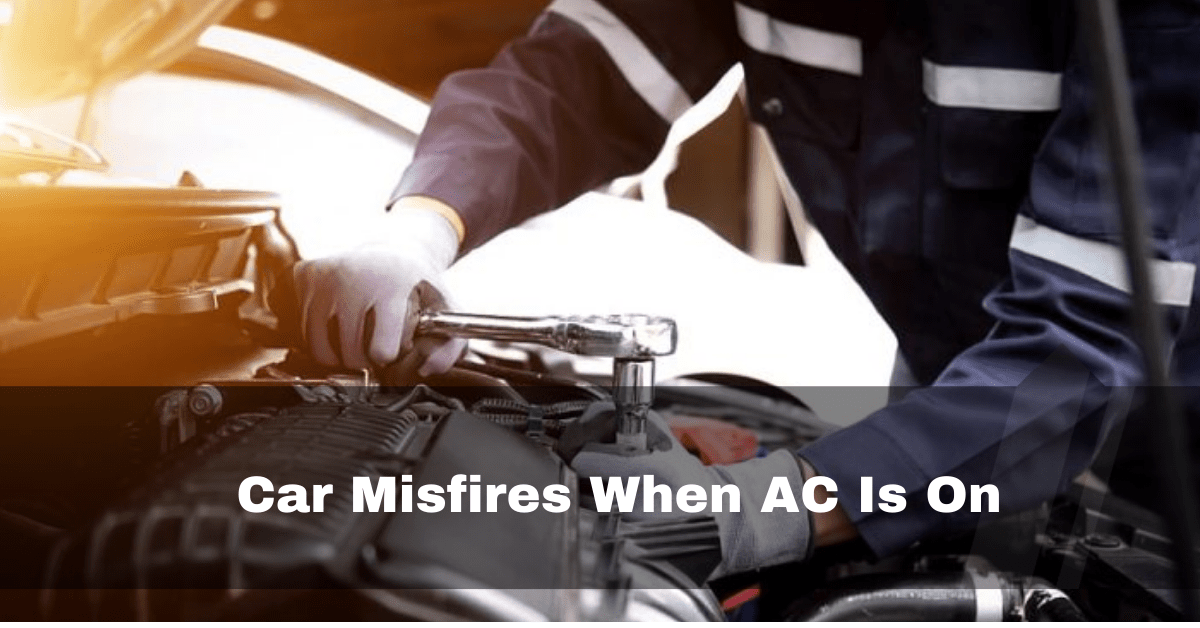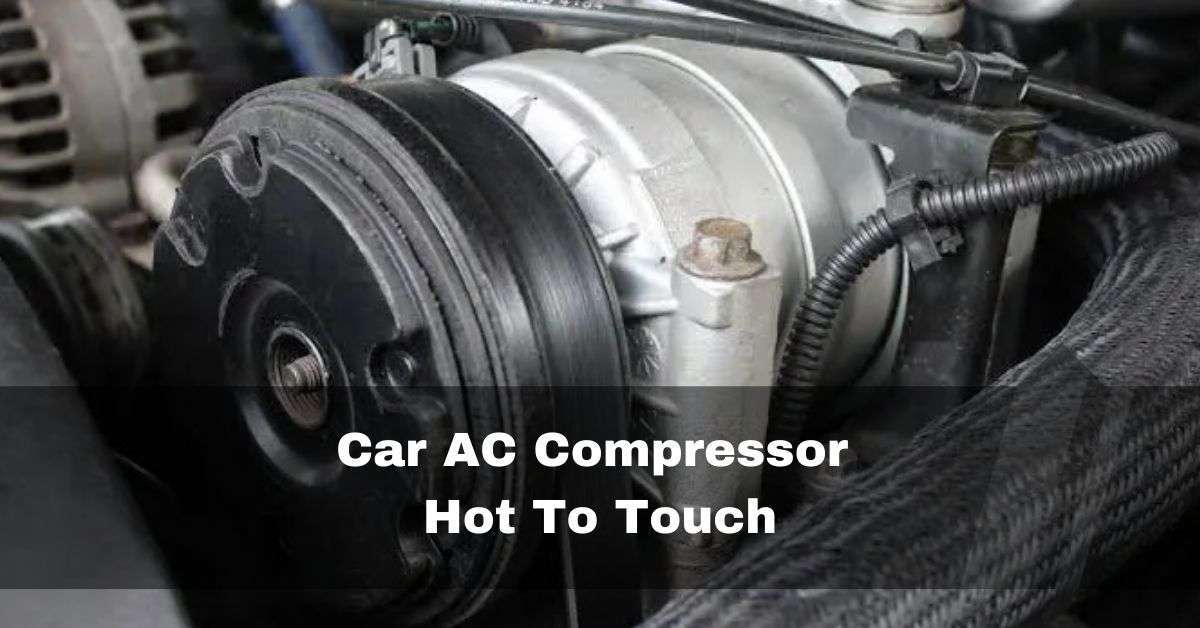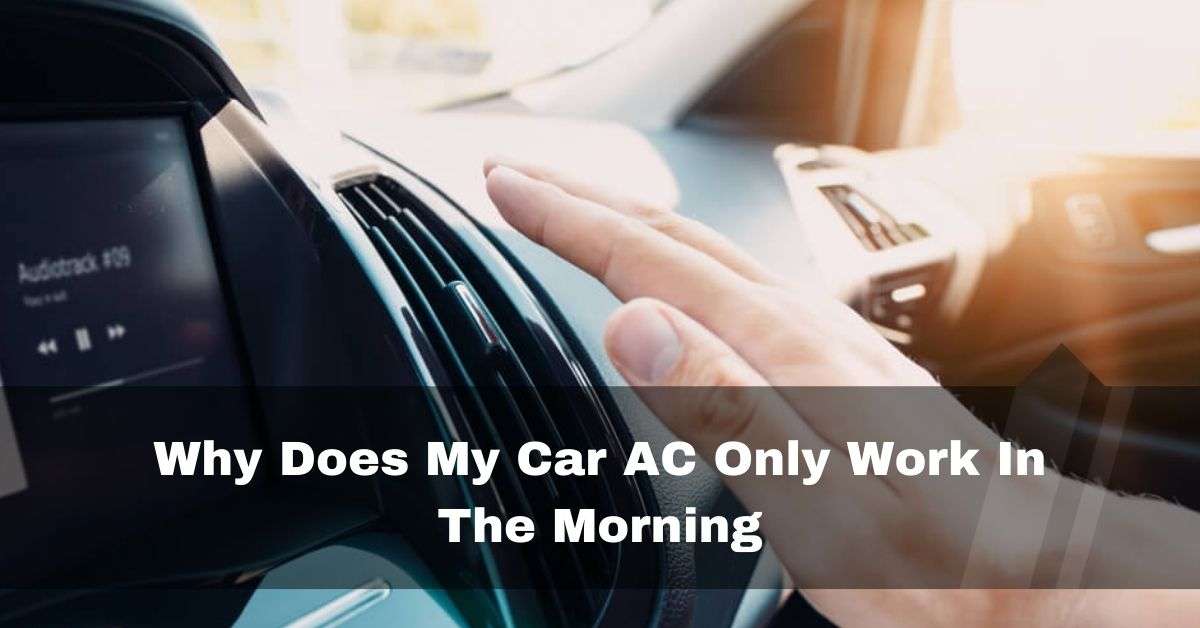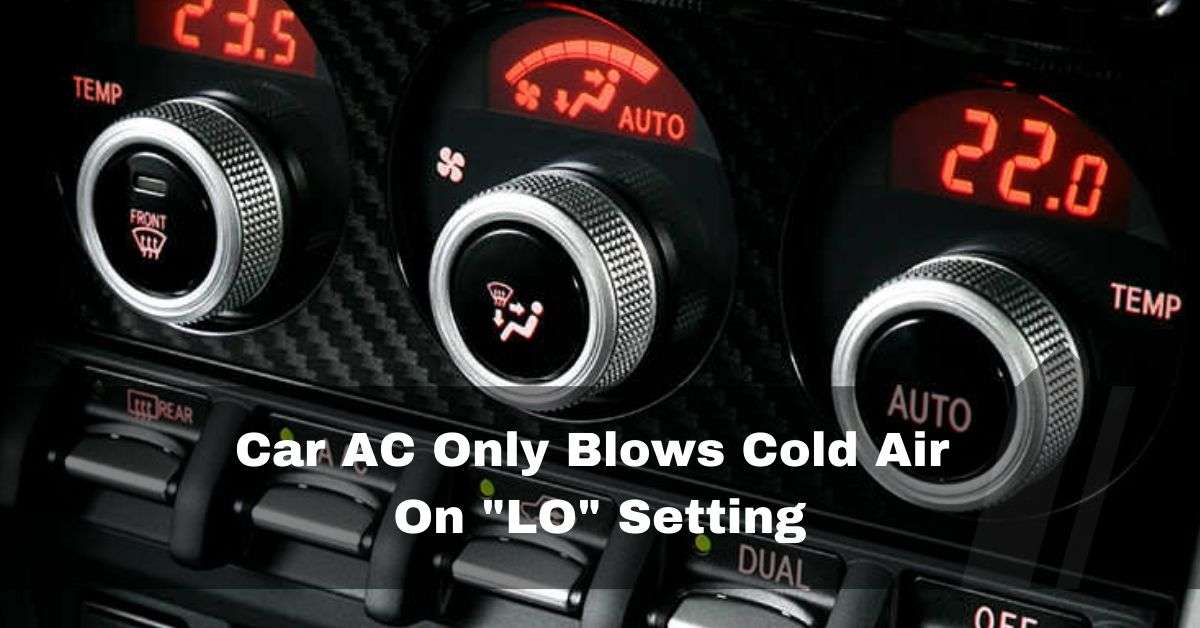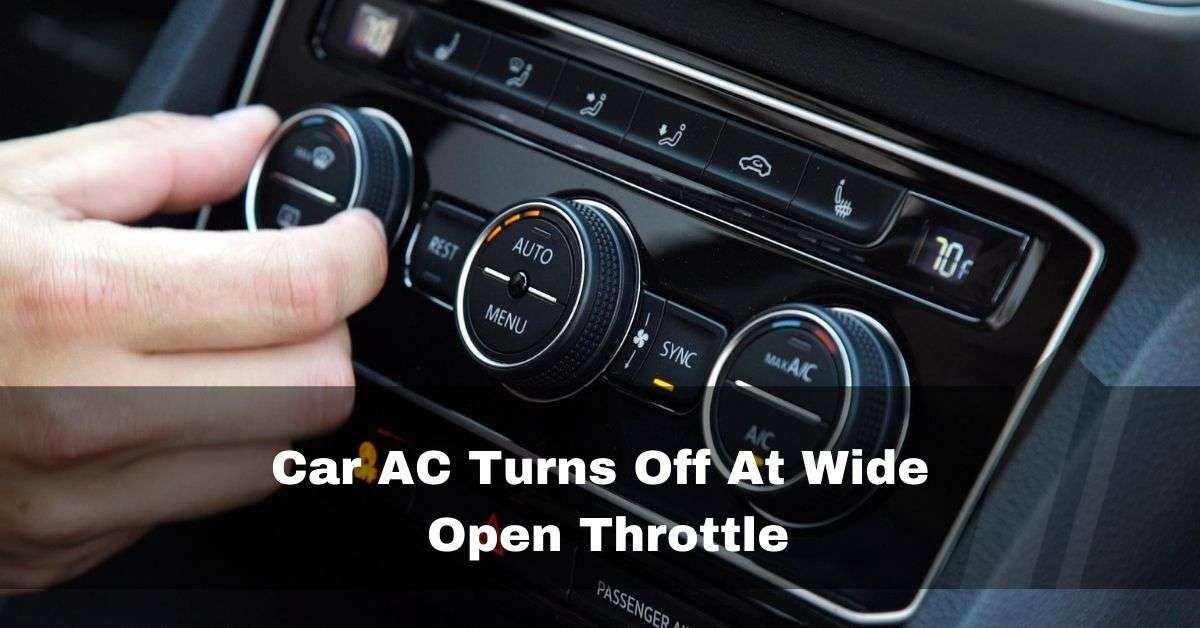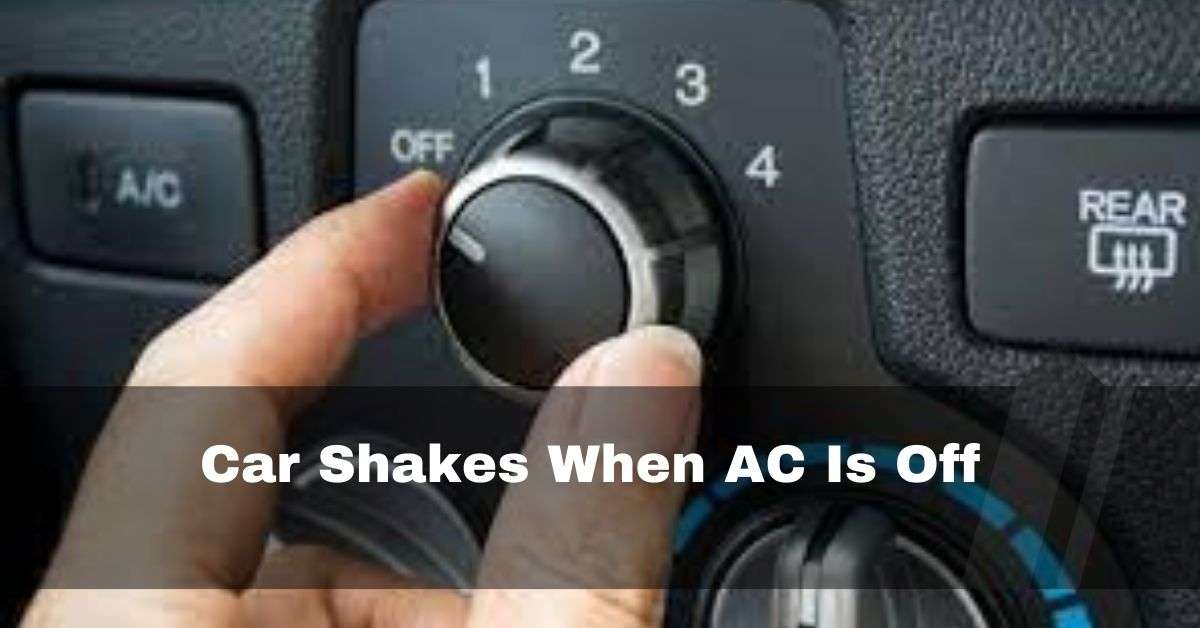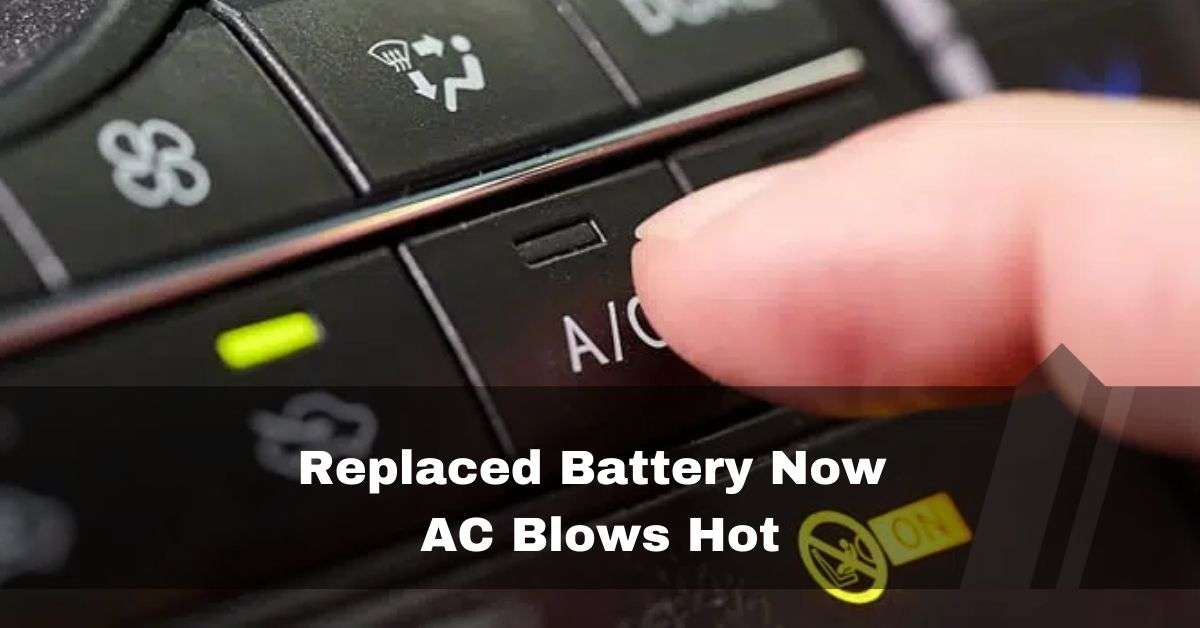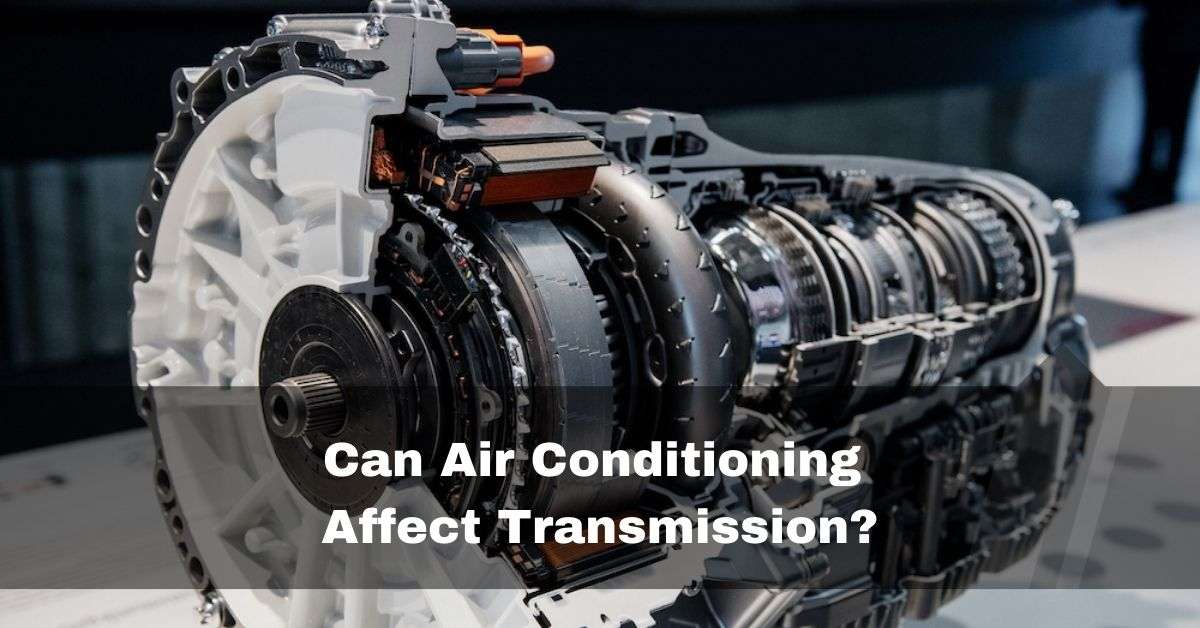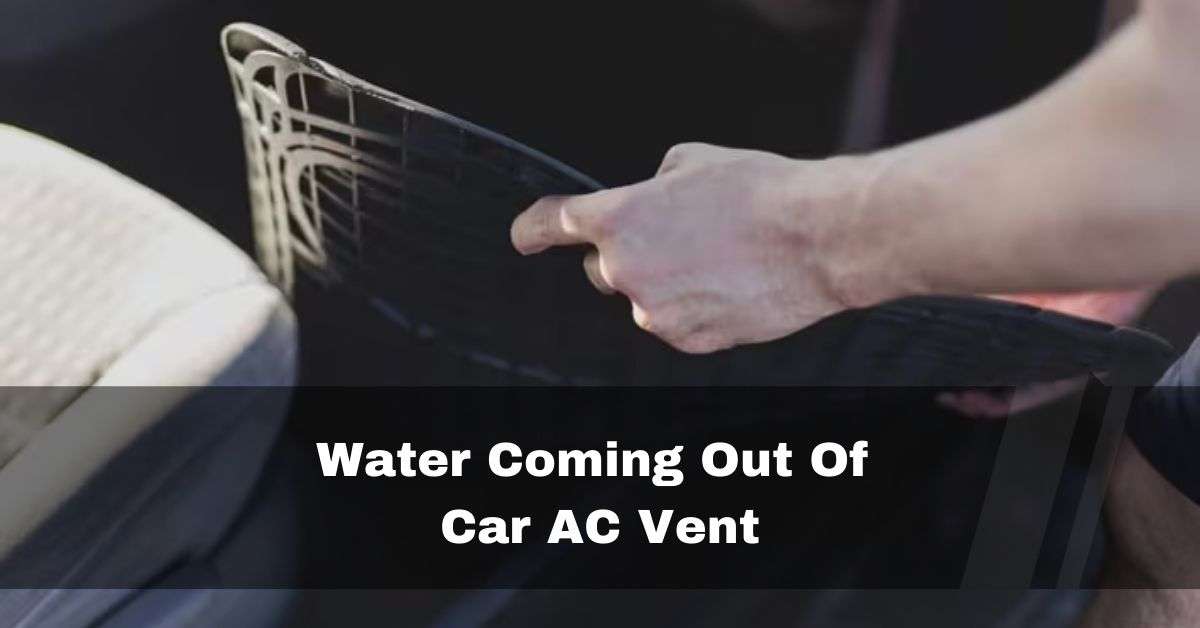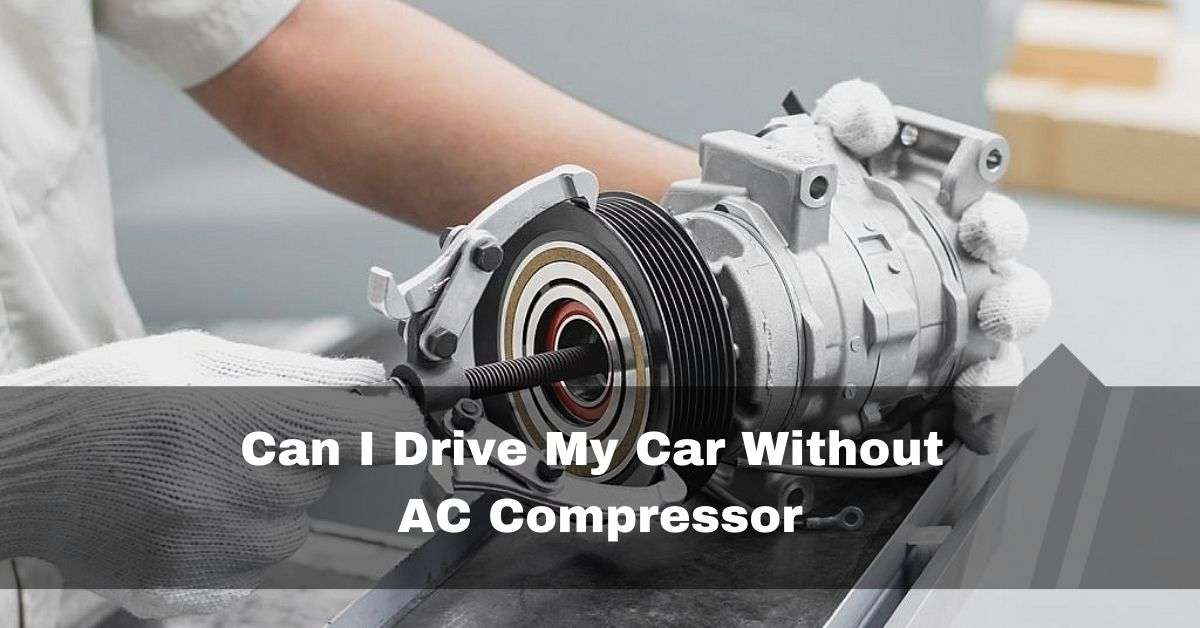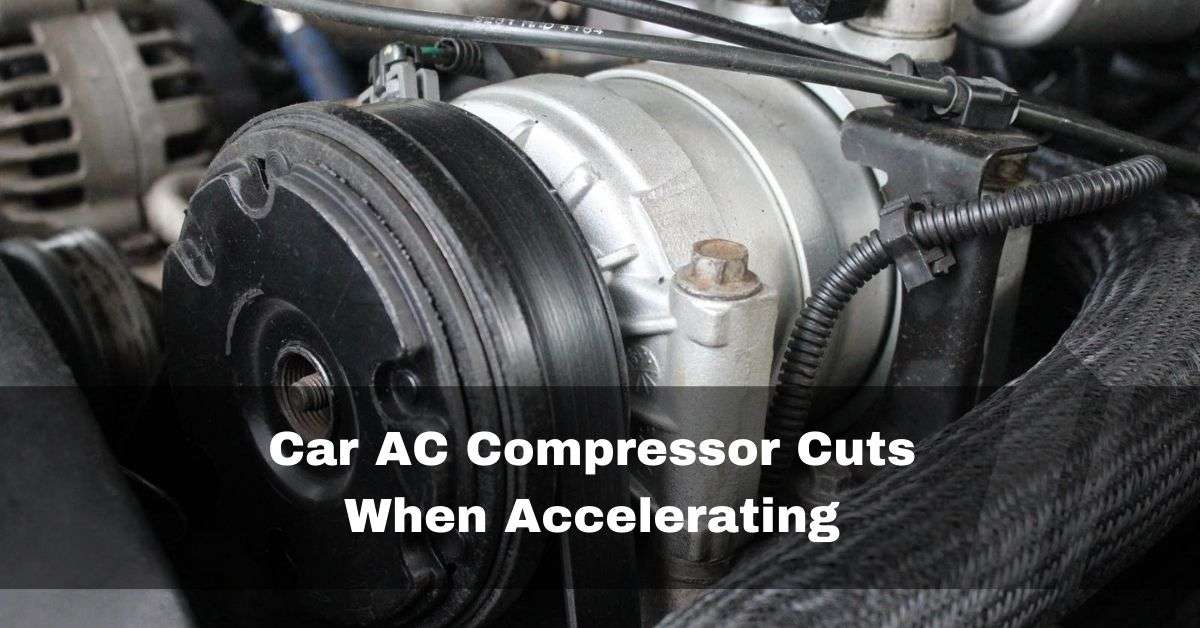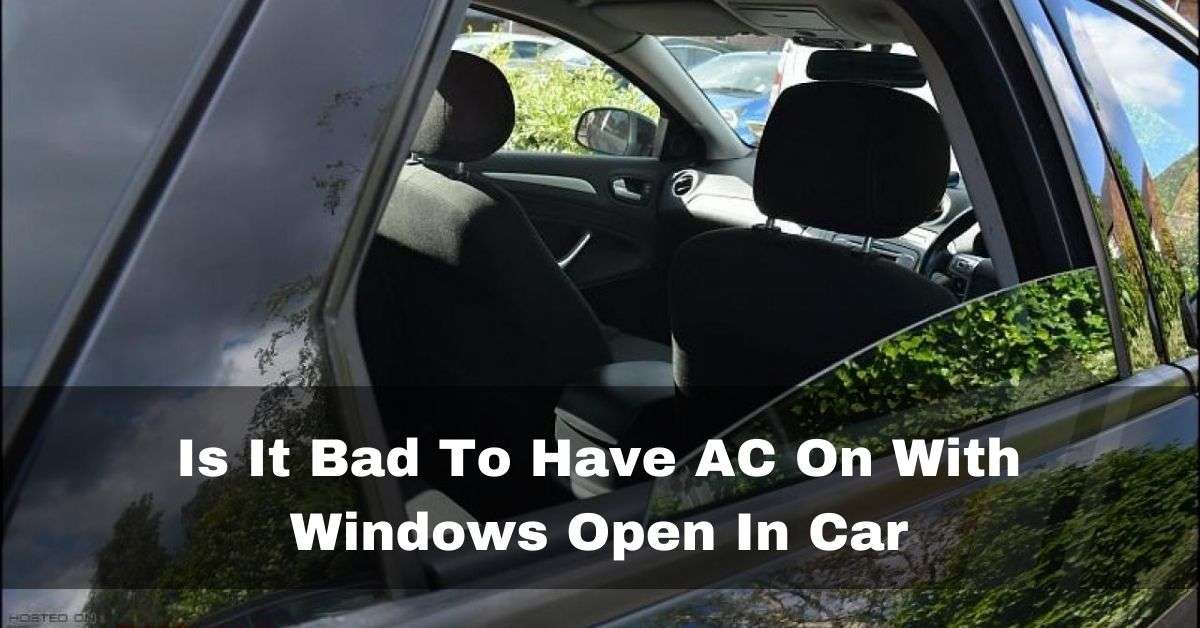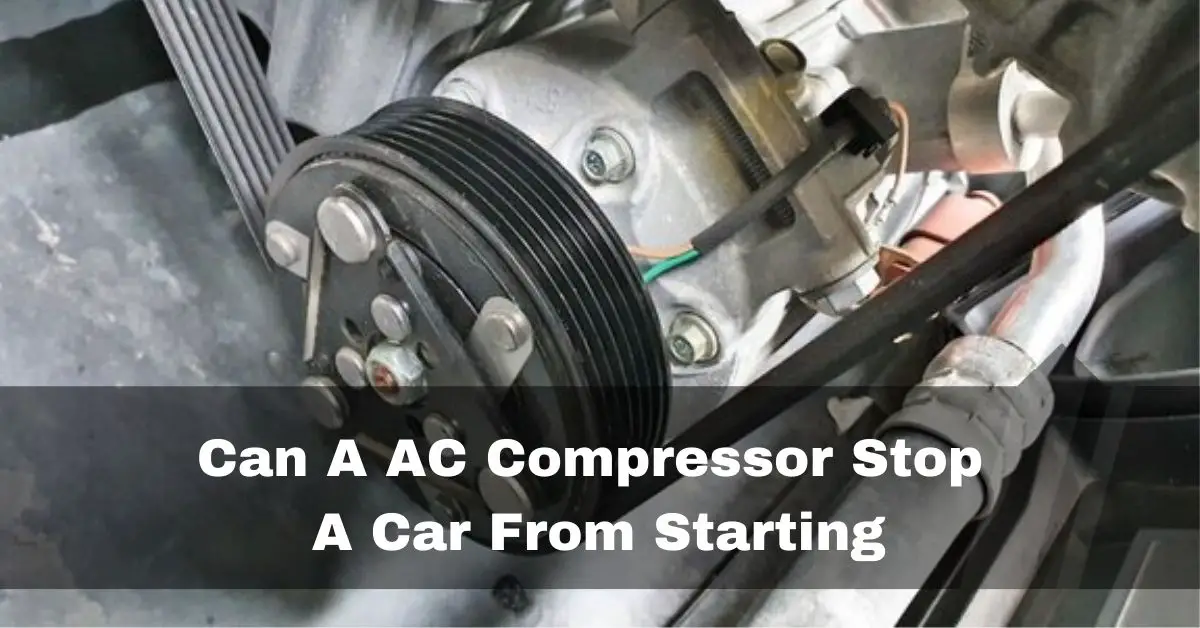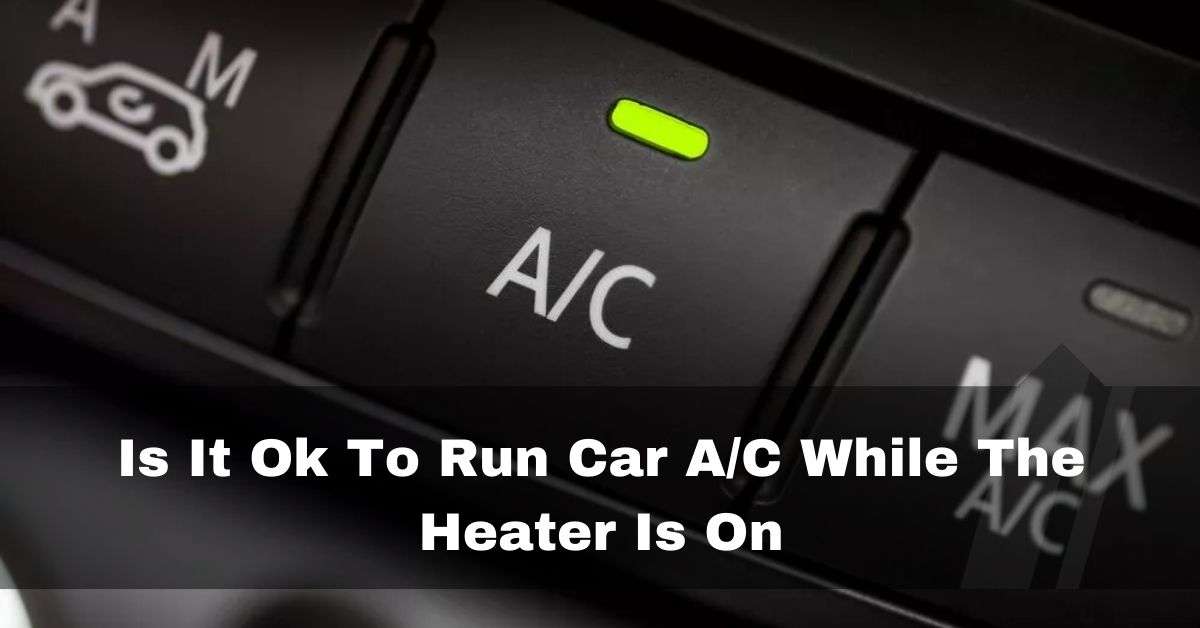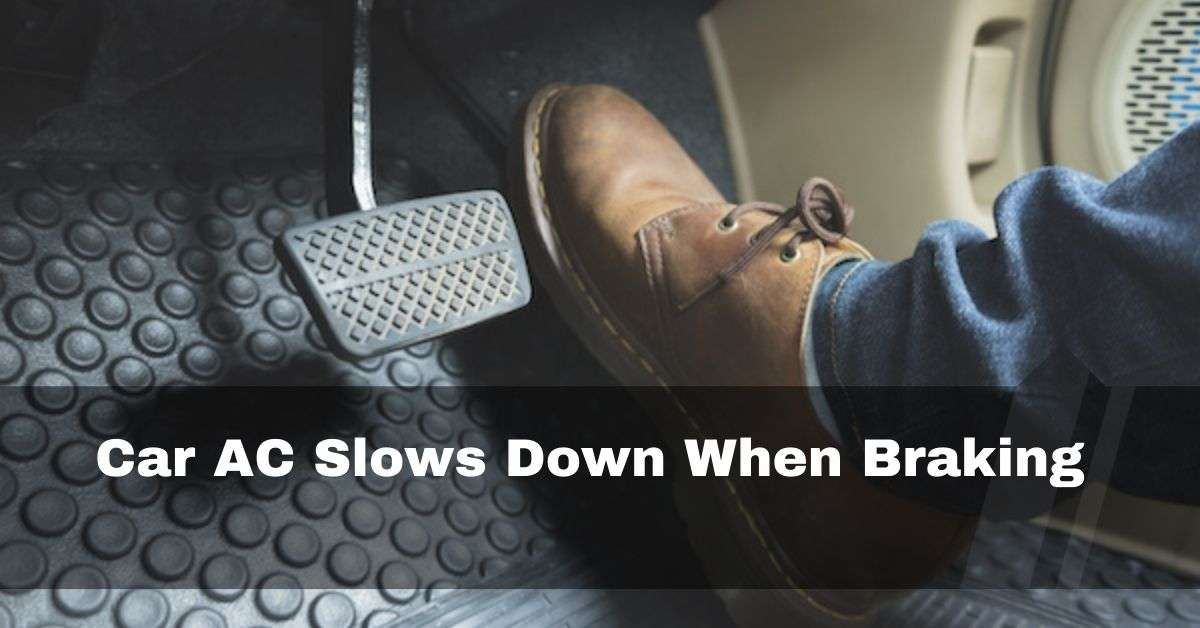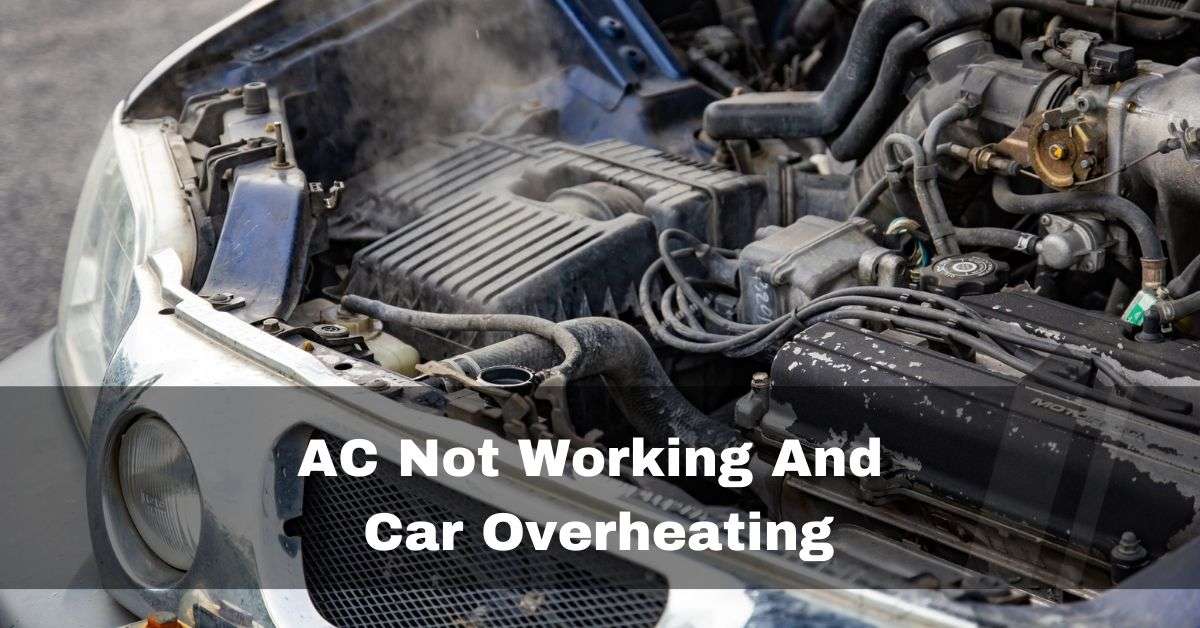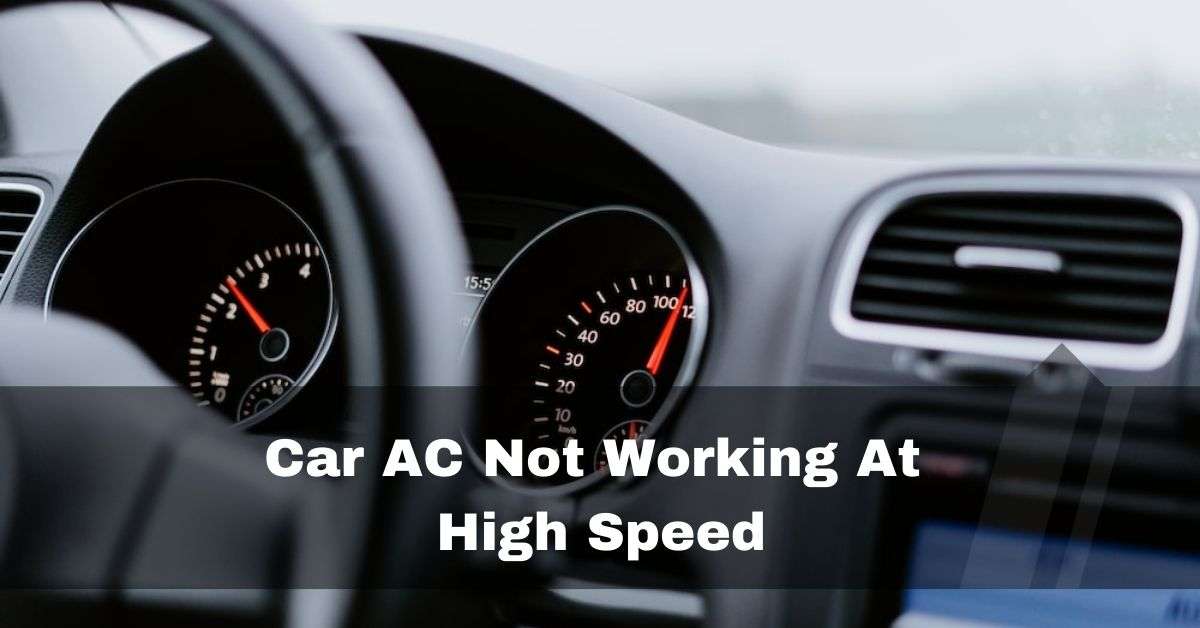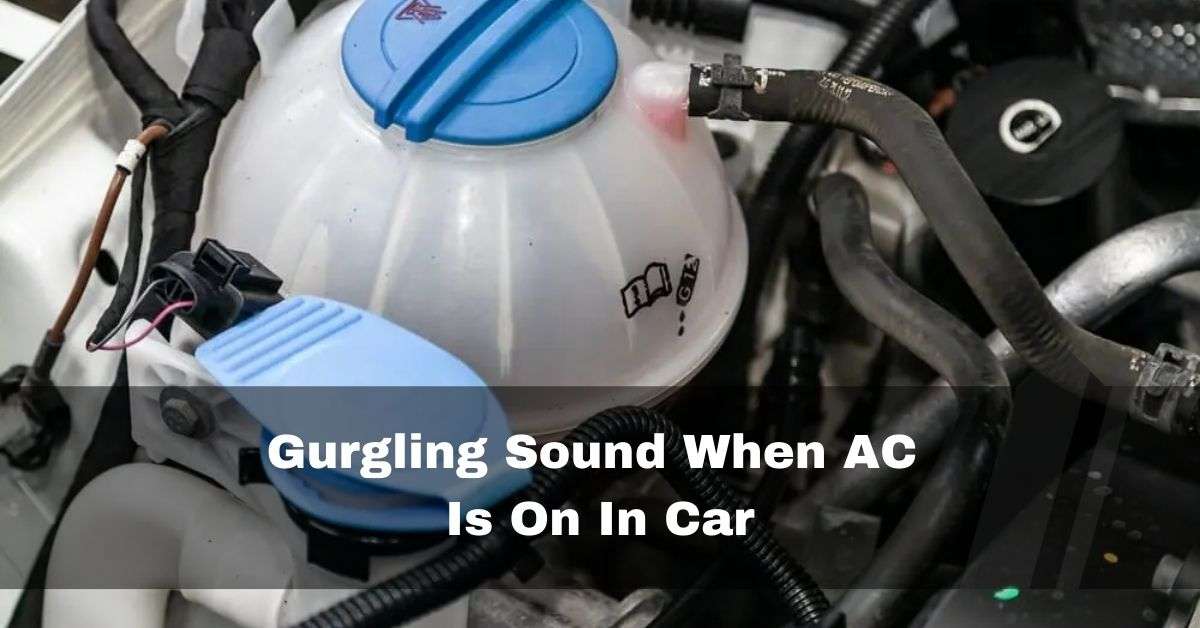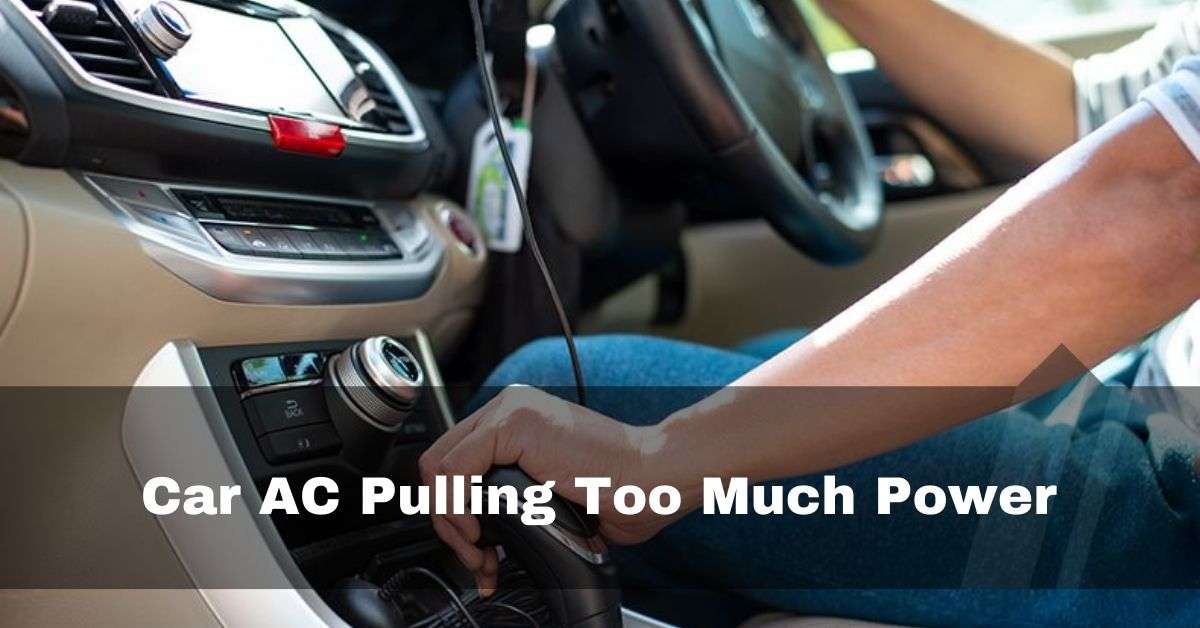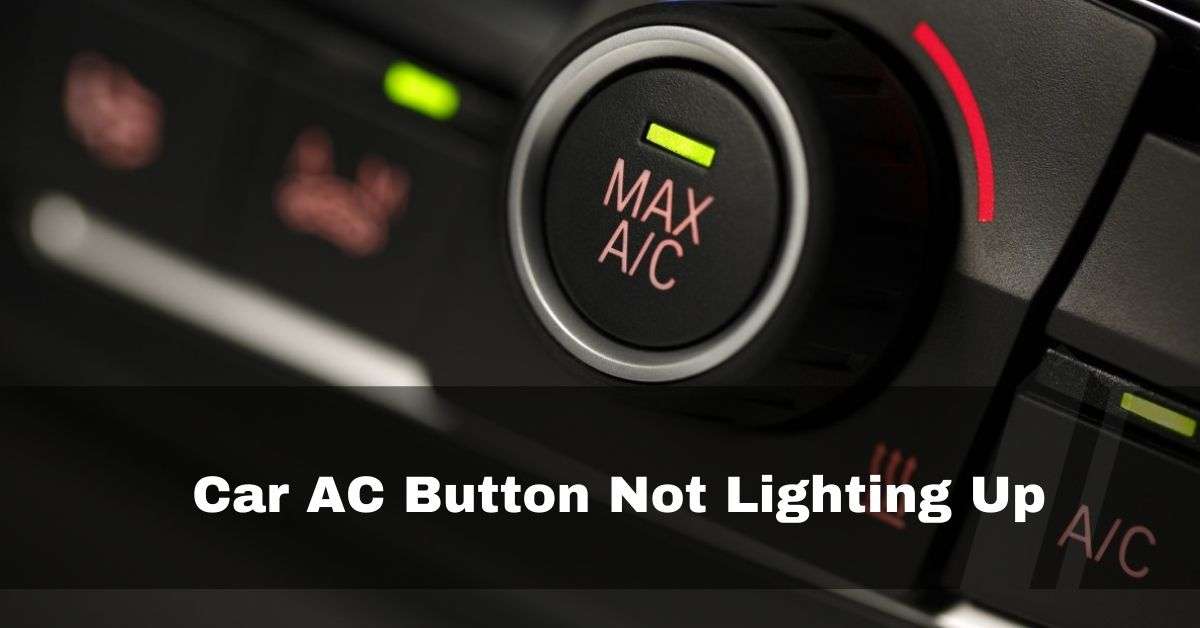Have you ever observed that when you press the brakes, your car’s air conditioning (A/C) fan seems to increase? Although it can appear to be magic, there is a scientific reason for this phenomenon.
Brake lamp usage may raise voltage, activating the alternator to charge more and speeding up the A/C blower due to increased power. It could also be a side effect of the smart charging system.
This article explores the reasons behind the A/C fan acceleration during braking and discusses various causes and potential fixes.
Table of Contents
Why Does A/C Fan Increase When Braking?
1. Electrical Load And Voltage Dynamics:
The brake lights turn on when you apply the brakes, adding to the power system of the car’s electrical load. Voltage variations of a minor magnitude may result from the abrupt rise in electrical demand. The alternator detects These voltage fluctuations, which generate electricity and charge the battery in the car.
The alternator may raise its charging power to maintain a constant voltage level. This increase in electrical output may affect several parts, including the A/C fan, causing it to speed up briefly.
Fix:
Stable voltage levels can be helped by routine electrical system maintenance, which includes inspecting the battery terminals for cleanliness and tightness. Consider having a qualified mechanic check the alternator and voltage regulator if you frequently encounter voltage drops.
2. Smart Charging System:
Many contemporary vehicles have smart charging systems that control the alternator’s power based on current circumstances. The engine load diminishes as you let off the gas while braking.

To optimize energy distribution, the vehicle’s powertrain control module (PCM) or engine control module (ECM) may boost the alternator’s output in response. It could result in more power being available to the A/C fan, raising fan speed.
Fix:
A qualified mechanic can run diagnostics to calibrate the PCM/ECM or update software as necessary if the AC fan acceleration becomes excessive or erratic.
3. Alternator And Power Redistribution:
A vehicle’s alternator, which also charges the battery, is essential for producing electrical power. Power distribution is complex in a dynamic system like a moving car.
When accelerating, the engine uses more energy to move the vehicle forward, which depletes the energy available for auxiliary systems like the A/C fan. Therefore, the A/C fan could operate at a lower speed to fit the power allocation.

Your car’s engine load does, however, drop as you brake. Energy is made available inside the system due to decreased power demand.
The alternator takes advantage of this and boosts its charging output to capture the extra energy sent to the A/C fan. This increase in power supply causes the A/C fan to run faster, which many people interpret as a rise in fan intensity.
Fix:
If your alternator shows signs of wear, consider having it inspected and potentially replaced. By doing routine engine maintenance and performance checks, you can ensure that your car’s power distribution stays balanced. Consult a mechanic for a comprehensive evaluation if you detect odd fan speed changes.
4. Faulty Voltage Regulator:
The voltage regulator on the alternator may not be functioning correctly, which might result in inconsistent voltage output and unpredictable A/C fan acceleration when braking.

Fix:
Have a trained mechanic evaluate and replace the voltage regulator if you think it may be malfunctioning.
5. Electrical System Grounding:
Poor electrical system grounding can cause an erratic voltage supply, which can impact several parts, including the A/C fan.

Fix:
Ensure all electrical grounding and connections are safe and well-maintained. If you don’t know, call the mechanic; he will check the electrical grounding system.
FAQs
1. Can You Adjust The AC Fan Speed?
The two primary methods for adjusting air conditioner fans are manually and automatically. A manual adjustment entails modifying the fan’s settings yourself.
2. What Controls AC Fan Speed?
The condenser’s liquid line will have a sensor put there, and the condenser’s temperature will be utilized to regulate the fan’s speed. The head pressure won’t fall too low thanks to speed regulation, allowing the heat pump to keep running in cooling mode even when the outside temperature is low.
3. What Should The Minimum Fan Speed Be?
Each available open cooling tower should have a minimum fan speed of 25%, according to EVAPCO. Fan energy savings and capacity control yield virtually nothing when the motor is run at less than 25% of its maximum speed. This recommendation likewise covers evaporative condensers and closed-circuit coolers.
4. Does A Higher Fan Speed Cool Faster?
Your home will cool considerably more quickly if the fan operates more quickly. The problem with this is that while the system works for a shorter period, it will only be able to collect so much moisture from inside the house. Reduced fan speed also results in slower cooling.
5. What Happens If The Blower Speed Is Too High?
The air volume will also be too high or too low for the system to operate effectively if the speed is set too high or too low. The evaporator coil will freeze if the fan speed is too low. Too much fan speed can short-cycle the AC condenser or cause it to cycle on and off continuously.
Conclusion:
The interaction of electrical load, voltage regulation, and power distribution in your car results in the multidimensional phenomenon of the A/C fan speeding up when you brake. By being aware of these aspects, you can resolve any abnormalities in fan acceleration and maintain a smooth and comfortable driving experience. The best performance of your vehicle’s electrical and cooling systems depends on routine maintenance, diagnostic testing, and advice from qualified specialists.

